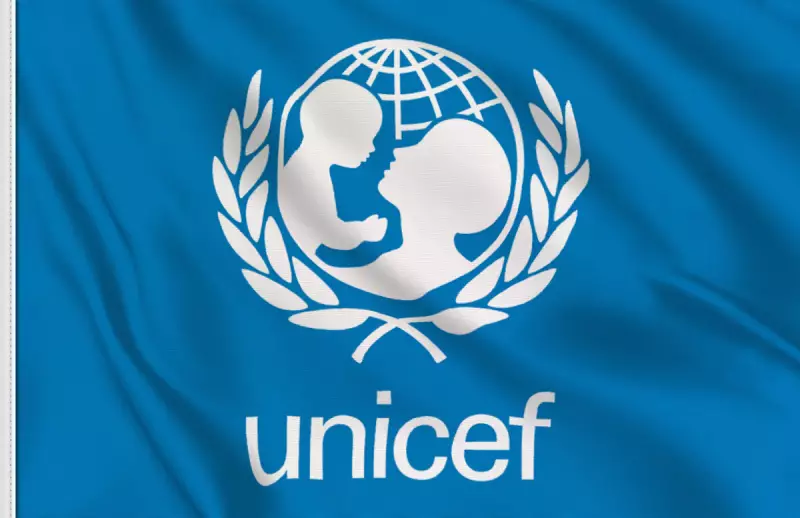
The United Nations Children's Fund (UNICEF) has launched a critical campaign against open defecation in Nigeria, describing the practice as a severe threat to public health and national development. The international organization is pushing for immediate action to address this growing sanitation emergency.
According to UNICEF representatives, Nigeria continues to grapple with one of the highest rates of open defecation globally, with millions of citizens lacking access to proper toilet facilities. This alarming situation has created a public health time bomb affecting communities across the nation.
The Human Cost of Poor Sanitation
The consequences of open defecation extend far beyond environmental concerns. Health experts warn that this practice contaminates water sources and spreads deadly diseases, particularly affecting vulnerable populations like children and the elderly.
"When people lack access to basic sanitation facilities, we see increased cases of cholera, diarrhea, and other waterborne diseases," explained a UNICEF health specialist. "Children are especially at risk, with many suffering from malnutrition and stunted growth due to repeated illnesses."
A Multi-Pronged Solution
UNICEF's strategy involves several key approaches to combat this crisis:
- Construction of public toilets in markets, motor parks, and other high-traffic areas
- Community-led total sanitation programs to encourage behavior change
- Partnerships with state and local governments to improve sanitation infrastructure
- Public awareness campaigns about the dangers of open defecation
- Support for household toilet construction in rural and urban poor communities
Economic Implications
The sanitation crisis carries significant economic consequences for Nigeria. The World Bank estimates that poor sanitation costs the Nigerian economy billions of naira annually through healthcare costs and lost productivity.
"Investing in sanitation is not just about health—it's smart economics," emphasized a development expert. "Every naira spent on improving sanitation yields multiple returns in reduced healthcare costs and improved workforce productivity."
The Road Ahead
While progress has been made through initiatives like the Clean Nigeria Campaign, UNICEF stresses that much work remains. The organization calls for increased government funding, private sector involvement, and community participation to achieve the goal of making Nigeria open defecation-free.
The success of this initiative will require coordinated efforts at all levels—from federal policymakers to local community leaders—to ensure every Nigerian has access to dignified sanitation facilities.





